
MAY 2025
Intake

1. Why Study in Germany?
World-class education with globally recognized degrees.
Affordable or no tuition fees at public universities.
Diverse range of programs in English and German.
Strong focus on research and innovation.
Opportunities for internships and part-time work.
Post-study work visa leading to potential residency.
2. Admission Requirements
Undergraduate Programs:
High school diploma (equivalent to Abitur in Germany).
Proof of language proficiency (German: TestDaF, DSH; English: IELTS, TOEFL).
Entrance exam (if required for specific programs).
Postgraduate Programs:
Recognized bachelor’s degree.
Relevant work experience (for MBA/management courses).
Statement of Purpose (SOP) and Letters of Recommendation.
3. Language Requirements
German Programs:
TestDaF or DSH (proficiency in German).
English Programs:
IELTS (6.5+), TOEFL (90+).
Many master's programs are offered entirely in English.
4. Tuition Fees and Costs
Tuition Fees:
Most public universities charge no or very low tuition fees (€200–€500 per semester).
Living Costs:
Average: €850–€1,000/month (includes accommodation, food, transport, and health insurance).
Blocked Account:
Students must show proof of financial resources (€11,208 for one year in 2024).
5. Scholarships
DAAD (Deutscher Akademischer Austauschdienst): Offers scholarships for international students across various programs.
Erasmus+: EU-funded scholarships for study or internships.
Heinrich Böll Foundation Scholarship, Deutschlandstipendium, and more.
6. Top Universities in Germany
Technical University of Munich (TUM)
Ludwig Maximilian University of Munich (LMU)
Heidelberg University
RWTH Aachen University
Humboldt University of Berlin
University of Freiburg
7. Application Process
Choose a Program: Research programs at DAAD or university websites.
Check Requirements: Review specific university prerequisites.
Prepare Documents: Transcripts, language certificates, SOP, and CV.
Apply via Uni-Assist: A platform to apply to multiple universities.
Await Admission Letter: This is necessary to apply for a visa.
8. Student Visa Process
Types of Visas:
Student Applicant Visa (Visum zur Studienbewerbung): For students awaiting admission.
Student Visa (Visum zu Studienzwecken): For students with admission.
Documents Required:
Admission letter.
Proof of financial resources (Blocked Account).
Health insurance.
Language proficiency certificate.
Passport and visa application form.
Processing Time: 6–12 weeks.
9. Accommodation
Options:
Student dormitories (€250–€400/month).
Private apartments (€400–€700/month).
Shared flats (WG, €300–€500/month).
How to Find:
Websites like WG-Gesucht, Studentenwerk, and university portals.
10. Working in Germany
Part-Time Jobs:
20 hours per week during term; full-time during breaks.
Typical jobs: Research assistant, tutor, or jobs in restaurants and retail.
Pay: €10–€15/hour.
Post-Study Work Visa:
18 months to find a job in your field.
11. Health Insurance
Mandatory for All Students:
Public insurance: ~€110/month.
Private insurance: Optional, depending on age and requirements.
12. Cultural and Practical Tips
Learn basic German for everyday interactions.
Open a German bank account for managing finances.
Familiarize yourself with public transport systems.
Understand German cultural norms (punctuality, recycling, etc.).
13. Career Opportunities After Graduation
Strong economy with a demand for skilled professionals.
Post-study visa allows job hunting.
Fields like engineering, IT, healthcare, and business have high job prospects.
14. Popular Study Destinations in Germany
Berlin: Vibrant culture and top universities.
Munich: High-tech hub with great career opportunities.
Hamburg: Renowned for its business schools.
Heidelberg: Historic city with a strong academic tradition.
Essential Information for Studying in the Germany
Key information for international students: living costs, health services, part-time jobs, and top universities.
Top Universities in Germany
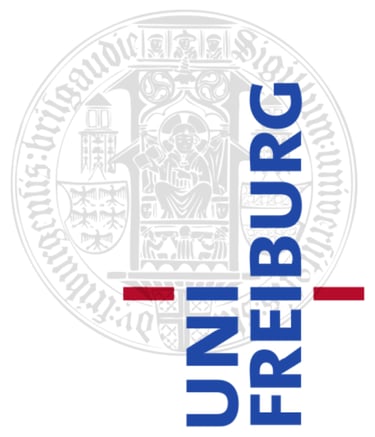

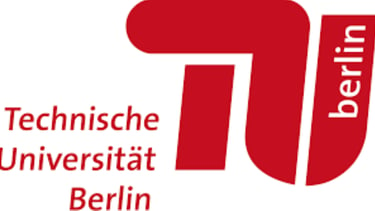

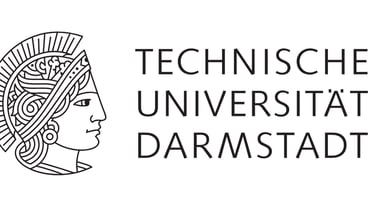

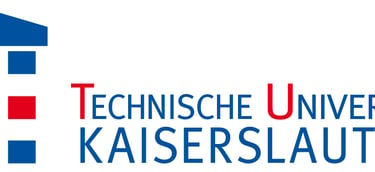



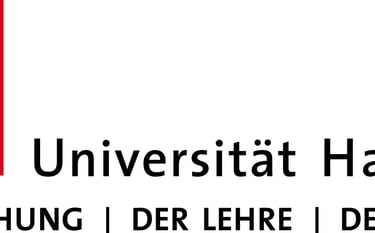







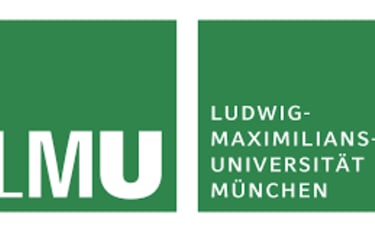

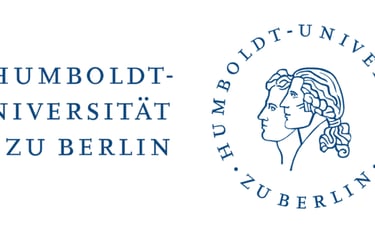

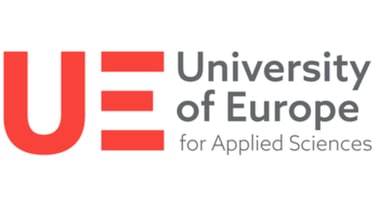



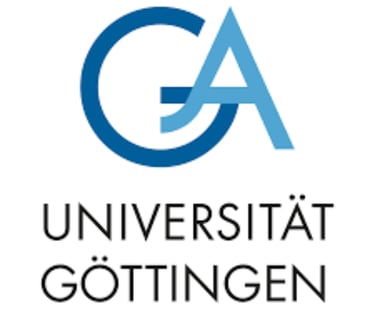






MEQAT STUDY CONSULTANTS
© 2024. All rights reserved.
STUDY DESTINATIONS
USEFUL LINKS
CAS Preparation
Accommodation Abroad
Work Permit After Studies
Visa Process Guide
Pre-Departure Information
Head Office!
M 1-4, Mezzanine Floor, Jeddah Centre, Raja Gahazanffar Ali Rd, Saddar, Karachi, Pakistan
ceo@meqatstudyconsultants.com
Our Offices: KARACHI | LAHORE | ISLAMABAD | Bahawalpur
